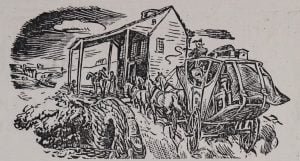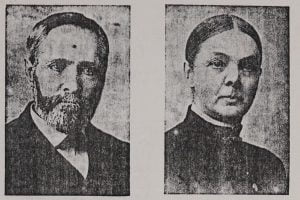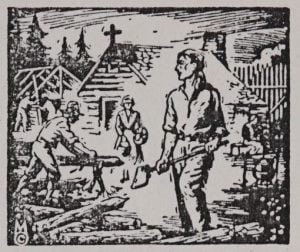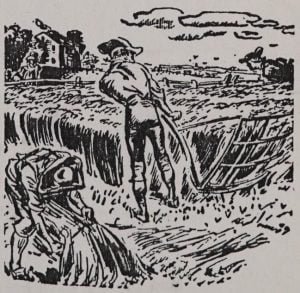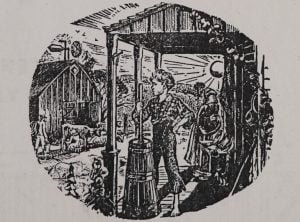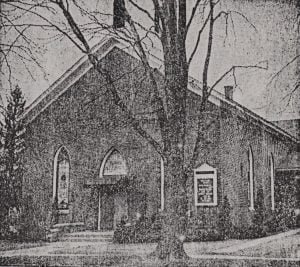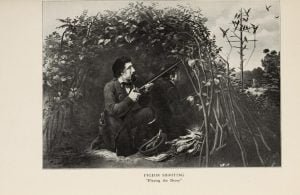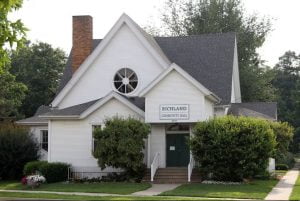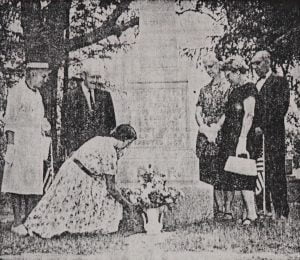Stage Coach Mail in Early Richland Township
This article traces the evolution of the postal system in Richland Township, highlighting its significance in the lives of early settlers. From the initial lack of communication channels, the establishment of a post office in Hemlock City in 1869 marked a pivotal development, facilitating the exchange of letters and news with distant friends and relatives. The narrative details the progression from stagecoach mail delivery to the integration of mail service with local businesses, and eventually, the introduction of Rural Free Delivery and Parcel Post services. Through the appointment of various postmasters, including the first, Jacob King, and notable figures like William McBratnie, the article underscores the postal service’s role in connecting the community to broader national and international networks, thereby contributing to the township’s growth and integration into the material progress of the nation.

